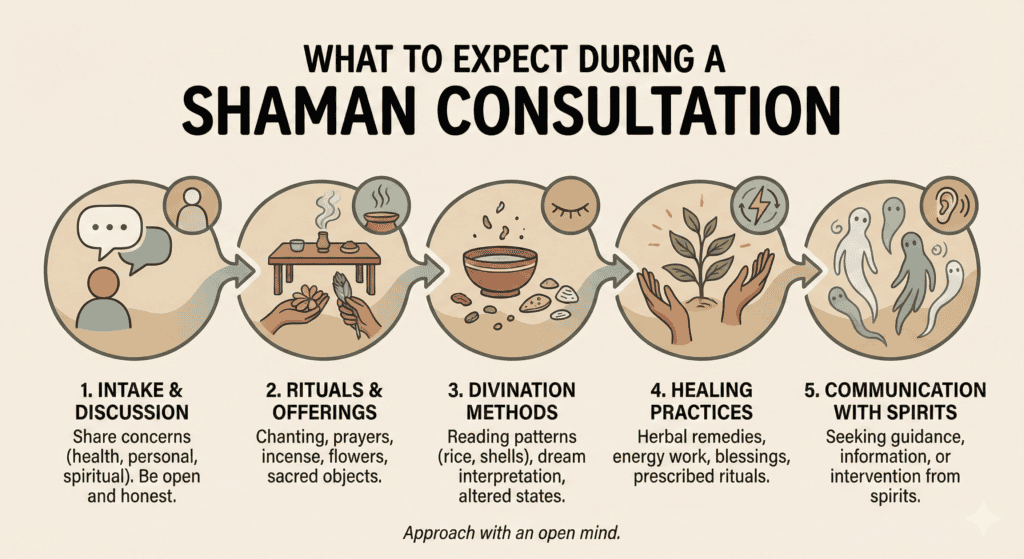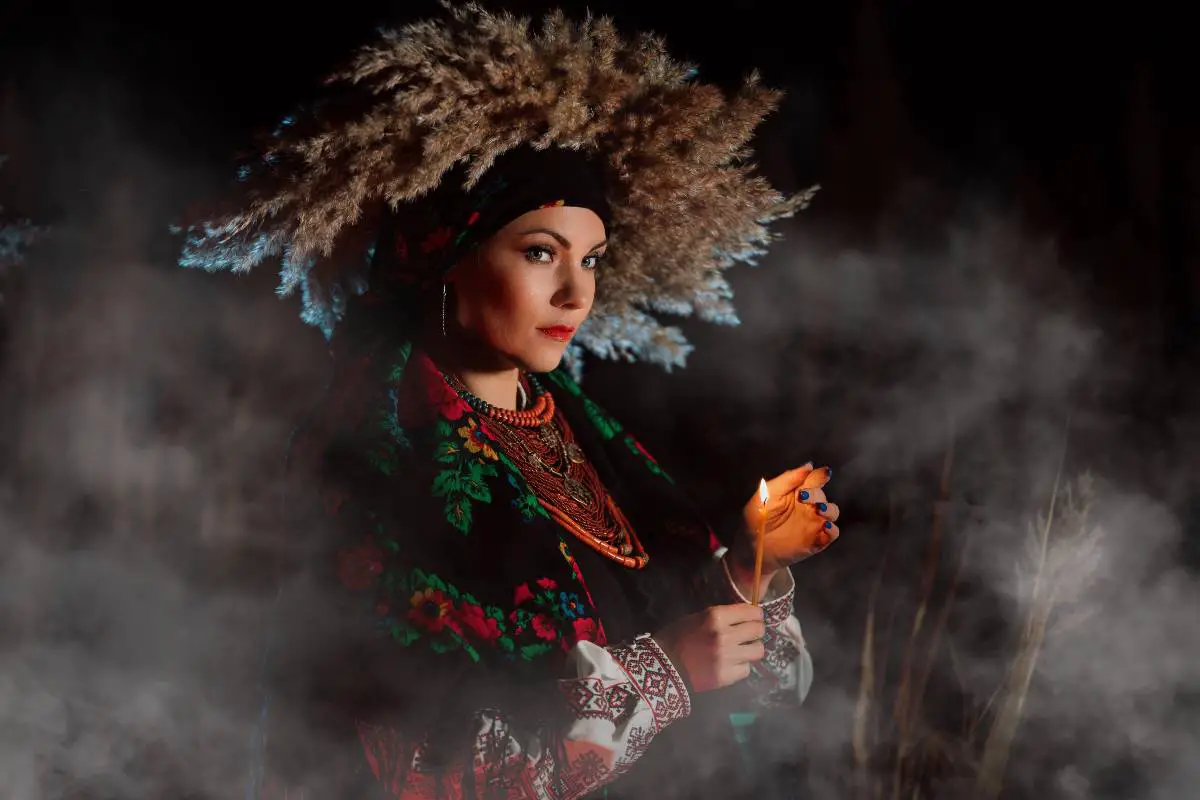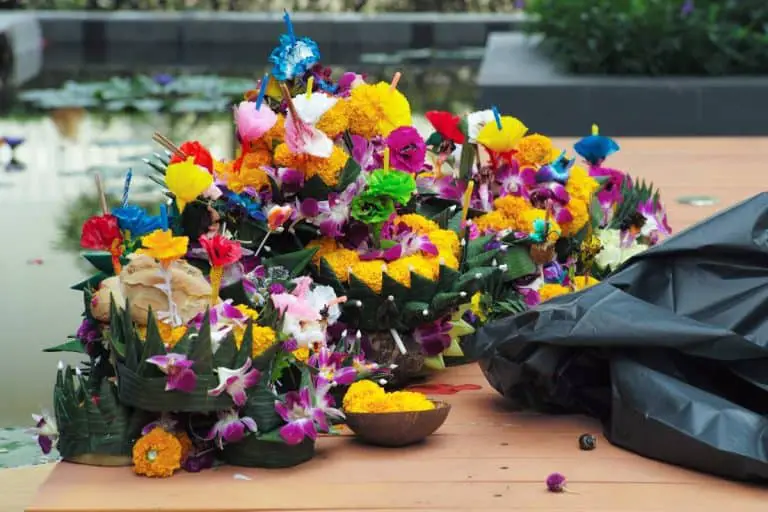Shamans in Thailand: A Guide for Expats Seeking Insight
Thailand, the “Land of Smiles,” captivates with its stunning temples, vibrant culture, and delectable cuisine. Beyond the well-trodden tourist paths, however, lies a rich tapestry of ancient traditions and spiritual practices. For expats seeking a deeper understanding of Thai culture or looking for alternative approaches to well-being, encountering a shaman might be a unique and profound experience. But who are these individuals, and how can expats respectfully navigate this fascinating aspect of Thai spirituality?
Key Takeaways
- Shamans in Thailand serve as important cultural intermediaries between the human and spirit worlds, offering services beyond fortune-telling including healing, spiritual guidance, and community rituals that coexist with Buddhism.
- Expats should approach shamans with cultural sensitivity, finding reputable practitioners through local recommendations rather than tourist-oriented venues, and maintaining appropriate expectations about the experience.
- When consulting a shaman, expats should respect traditions, avoid cultural appropriation, continue any conventional medical treatments, and be wary of those who seem primarily motivated by financial gain rather than community service.
Understanding the Role of Shamans in Thai Culture
In Thailand, the concept of the shaman is interwoven with animistic beliefs that predate Buddhism. While Theravada Buddhism is the dominant religion, many Thais still hold deep respect for spirits and the unseen world. Shamans, known by various names such as mor phi (spirit doctor) or ajarn (teacher/master), act as intermediaries between the human and spirit realms. Their roles are diverse and can include:
- Healing: Addressing physical and emotional ailments through rituals, herbal remedies, and spiritual interventions.
- Divination: Offering insights into the future, identifying the root causes of problems, and providing guidance.
- Blessings and Protection: Performing ceremonies to bestow good fortune, ward off negative energies, and protect individuals or communities.
- Spiritual Guidance: Helping individuals understand their spiritual paths, connect with their ancestors, and navigate life’s challenges from a spiritual perspective.
- Community Rituals: Playing important roles in village ceremonies, agricultural rites, and other communal events that involve appeasing spirits or seeking blessings.
It’s important to understand that the term “shaman” is a broad one, and the specific practices and expertise of individuals can vary significantly. Some may specialize in healing specific ailments, while others are known for their divination skills or their ability to communicate with particular spirits.
Types of Shamans and Spirit Doctors in Thailand
Thai shamanic traditions vary significantly across regions, with distinct practitioners serving different purposes. In Northern Thailand, mor phi (spirit doctors) often specialize in herbal healing combined with animistic rituals, while Central Thailand features more Buddhist-influenced ajarn who focus on protective blessings and amulet consecration. Southern regions, particularly areas with Thai-Chinese communities, may have spirit mediums who claim ancestral connections and offer divination services during festivals like the Vegetarian Festival.
Understanding these regional differences helps expats identify which type of practitioner aligns with their specific needs, whether seeking physical healing, spiritual guidance, or protective ceremonies. The integration of Buddhism with animistic practices creates a unique spiritual landscape where practitioners may blend chanting of Buddhist sutras with offerings to local spirits, reflecting Thailand’s syncretic religious heritage.

Why Might an Expat Seek Out a Shaman?
As an expat in Thailand, you might find yourself drawn to a shaman for various reasons:
- Seeking Alternative Healing: Perhaps you’ve explored conventional medical treatments without desired results and are open to traditional healing methods.
- Cultural Curiosity: Engaging with a shaman can offer a unique window into the deeper spiritual beliefs and practices of Thai culture, providing a richer understanding of your adopted home.
- Personal Challenges: You might be facing personal difficulties, feeling lost, or seeking guidance on important life decisions. A shaman may offer a different perspective and spiritual insights.
- Spiritual Exploration: You might be on a personal spiritual journey and curious about the animistic traditions that coexist with Buddhism in Thailand.
- Experiencing Thai Culture More Fully: Connecting with a shaman can be a way to move beyond the tourist facade and engage with the local culture more meaningfully.
Finding a Shaman: Navigating the Landscape
Unlike readily available tourist attractions, finding a genuine and reputable shaman in Thailand requires a different approach. Here are some tips for expats:
- Word-of-Mouth: The most reliable way to find a respected shaman is often through personal recommendations from trusted locals, other expats who have had positive experiences, or even your Thai colleagues or friends.
- Local Communities: Shamans often serve specific communities. Spending time in more rural areas or engaging with local communities might lead you to someone known within that area.
- Be Discerning: Not everyone claiming to be a shaman is genuine. Be wary of individuals who aggressively solicit business or make extravagant promises. A true shaman is often humble and respected within their community.
- Observe and Listen: If you hear about a particular shaman, try to learn about their reputation within the community. Observe their interactions with locals and listen to what people say about them.
- Respect Local Customs: If you are introduced to a shaman, be respectful of their traditions and practices. Dress modestly, be polite, and follow any instructions given.
What to Expect During a Consultation

The experience of consulting a shaman can vary greatly depending on the individual and the purpose of your visit. However, some common elements might include:
- Intake and Discussion: The shaman will likely ask you about your concerns, whether they are related to health, personal issues, or spiritual inquiries. Be prepared to explain your situation clearly and honestly.
- Rituals and Offerings: Depending on the shaman and the situation, there might be rituals involving chanting, prayers, offerings of flowers, incense, or food, and the use of sacred objects.
- Divination Methods: Some shamans use methods like reading patterns in rice, shells, or other objects, interpreting dreams, or entering altered states of consciousness to gain insights.
- Healing Practices: If you are seeking healing, the shaman might use herbal remedies, perform energy work, conduct blessings, or prescribe specific rituals to be performed.
- Communication with Spirits: Some shamans believe they can communicate with spirits to gain information, seek guidance, or ask for intervention.
It’s crucial to approach the experience with an open mind and respect for the shaman’s traditions, even if they differ from your own beliefs. Remember that you are participating in a cultural and spiritual practice that holds deep significance for many Thais.
Ethical Considerations for Expats
Engaging with shamans as an expat requires sensitivity and ethical awareness:
- Respect for Tradition: Understand that you are participating in a practice rooted in ancient beliefs. Avoid being dismissive or disrespectful.
- Cultural Appropriation: Be mindful of cultural appropriation. Approach the experience with genuine curiosity and a desire to learn, rather than treating it as a novelty or a tourist attraction.
- Language Barriers: Communication can be a challenge. Consider bringing a trusted Thai speaker with you if necessary to ensure clear understanding.
- Payment and Reciprocity: It is customary to offer a payment or donation to the shaman for their time and services. Ask for guidance on appropriate amounts beforehand or observe what locals typically offer.
- Avoid Exploitation: Be wary of individuals who seem to be exploiting spiritual practices for financial gain. Genuine shamans are often more focused on serving their community.
- Trust Your Intuition: If something feels wrong or makes you uncomfortable, it’s okay to respectfully end the consultation.
A Note on Safety and Well-being
While engaging with traditional healing practices can be a valuable experience, it’s essential to prioritize your safety and well-being:
- Do Your Research: Before consulting a shaman, try to gather as much information as possible through trusted sources.
- Maintain Realistic Expectations: Understand that shamans offer a different approach to healing and guidance than conventional medicine or therapy.
- Continue Conventional Treatment: If you have serious health concerns, it’s crucial to continue with any prescribed medical treatments. Consulting a shaman should be seen as a complementary approach, not a replacement for professional medical care.
- Be Aware of Potential Scams: As with any field, there may be individuals who are not genuine. Trust your instincts and avoid anyone who makes unrealistic promises or pressures you for large sums of money.
About Us: Better Living Asia
At Better Living Asia, our mission is to provide expats with insightful and practical information to help them thrive in their new lives in Asia. We understand that moving to a new country involves navigating not only logistical challenges but also cultural nuances and personal well-being. Our team comprises experienced expats and local experts who are passionate about sharing their knowledge and fostering a supportive community. We aim to offer relatable content that covers various aspects of expat life, from practical tips on settling in to deeper explorations of local culture and traditions, empowering you to create a fulfilling and enriching experience in Asia.
FAQs
Are shamans the same as fortune tellers?
Is it safe for foreigners to consult a shaman?
Do shamans speak English?
How much does it typically cost to see a shaman?
Are shamanic practices related to Buddhism in Thailand?
Conclusion
Encountering a shaman in Thailand can be a unique and potentially transformative experience for expats seeking to delve deeper into the country’s rich cultural and spiritual landscape. By approaching this with respect, an open mind, and a commitment to ethical engagement, you can gain valuable insights into traditional Thai beliefs and perhaps even find guidance or healing on your own journey. Remember to prioritize your well-being, do your research, and trust your instincts as you navigate this fascinating aspect of Thai life. The spiritual tapestry of Thailand is intricate and ancient, offering a profound opportunity for expats to learn and grow in their adopted home.
Ready to explore more of Thailand’s hidden cultural treasures? Visit Better Living Asia for comprehensive guides on expat life, local traditions, wellness practices, and insider tips to help you thrive in your Southeast Asian adventure. From navigating daily life to discovering profound cultural experiences, we’re your trusted companion for better living in Asia.





